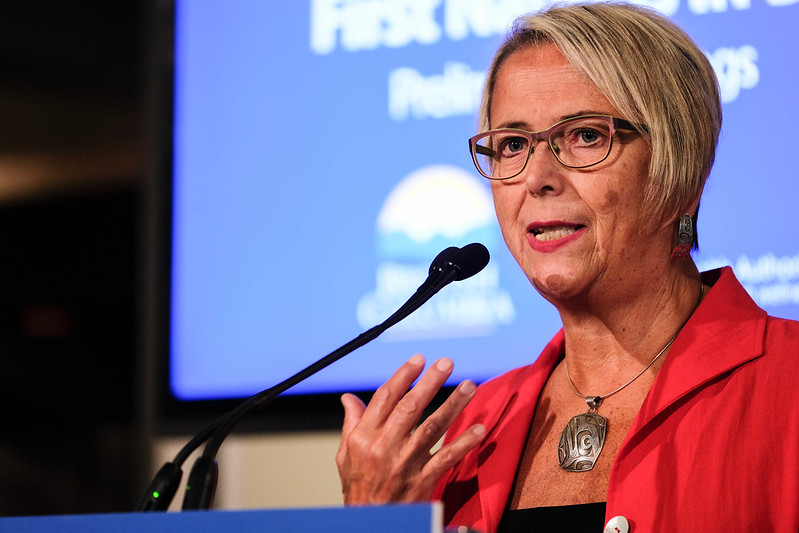Increased access to treatment and recovery services will help those more living with addictions during the ongoing overdose crisis and COVID-19 pandemic.
The Province is investing $16 million to support new treatment and recovery beds and to support existing services that have been challenged by COVID-19.
“British Columbians are facing two public health emergencies and pressures from COVID-19 have tragically resulted in more lives lost to overdose,” said Judy Darcy, Minister of Mental Health and Addictions.
“We are working at full speed to stem the tide of these dual crises and connect more people to the treatment and recovery services they need.”
Of the overall investment, $13.5 million in grant funding will increase the number of treatment and recovery beds throughout the province for people with addictions.
Because the cost per bed differs based on location and type of services provided, this funding is estimated to add 50 to 70 new publicly-funded beds over the next three years.
Funding will be directed through the Canadian Mental Health Association to deliver community grants – in consultation with the Ministry of Mental Health and Addictions and health authorities – and will prioritize underserved communities.
Applications will open in August for eligible licensed and registered not-for-profit and private service providers.
Treatment and recovery beds are an important part of the substance use continuum of care available for people in British Columbia.
They provide safe living environments where people can focus on their recovery journey.
Over the past decade, investments in bed-based care did not keep up with demand, resulting in long waitlists and lack of service in rural and remote communities.
Another $2.5 million will support operators of existing bed-based treatment and recovery services that have been challenged by COVID-19.
These services have continued throughout the pandemic, but COVID-19 has stretched operating budgets to the limit.
This funding will help maintain the quality of care and make sure critical services continue to be available when people need them.
Something going on in the Prince George area you think people should know about?
Send us a news tip by emailing [email protected].






